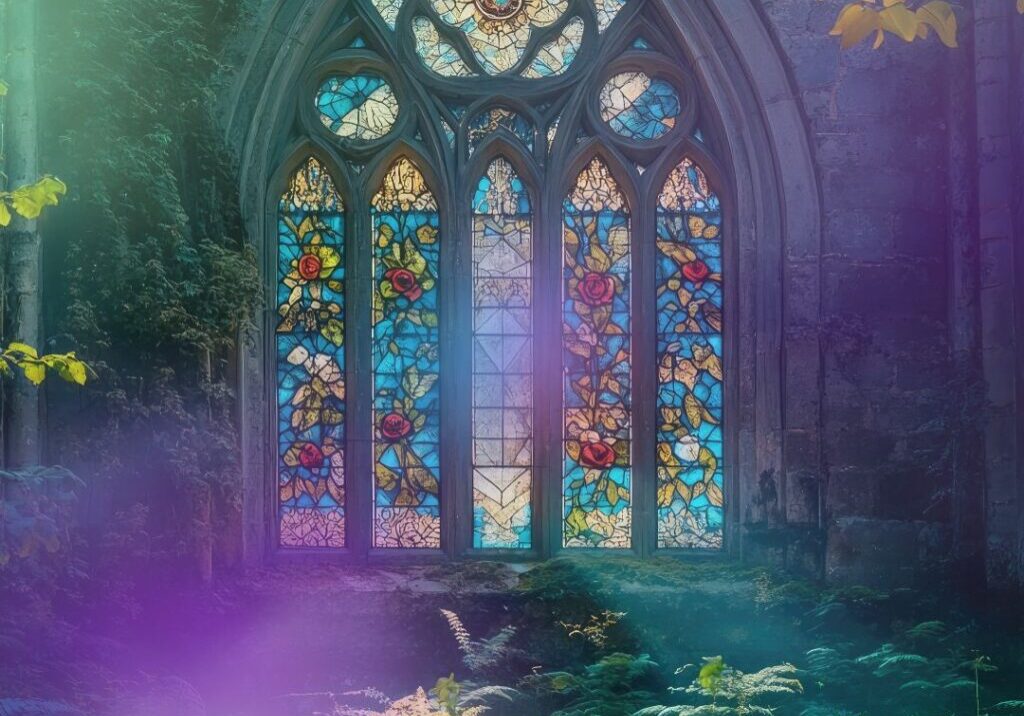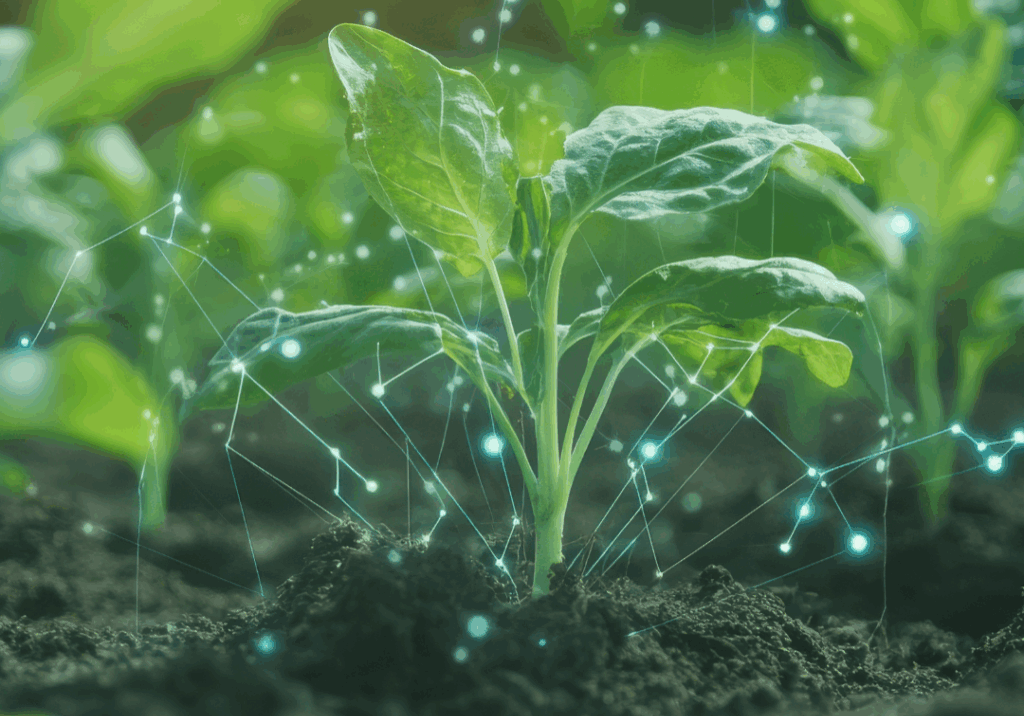Perfect Love Casts Out Fear
“God never promised us that we would not suffer.” Those words struck a painful, but truthful, chord in me when a friend uttered them as we stood talking at the wake of a 27 year old woman, a mother of a one year old and wife who died of cancer way too young. We stood there witnessing the pain one instinctively feels no one should ever have to endure, if our God is a loving God — in fact, if our God is Love. And yet, the reality is that Christianity does not teach us that we will not suffer. The opposite is true. Love leads to suffering. Buddhism recognizes this great truth in the teaching of the Four Noble Truths, and one is encouraged to love without attachment, without desire, without trying to hold on to what or who we love. Christianity also teaches that to love is to suffer — to suffer for and with others, exemplified in the crucified Christ who stretched out his arms and died for love. God’s response to our suffering is to suffer with us in the cross and to resurrect that suffering into new life. Still, knowing all of that, I could not be anything but devastated by the untimely death of this young woman. How could I trust God in the face of such tragedy? I had not fully realized, prior to that point, that my idea of God was a God who fixed things, who would make things turn out alright in the end. That image of God, I discovered, is the God of the privileged, the God of those who have not suffered. I find since then, when I talk to people, there is a divide in how people know God — those who have suffered great tragedy and those who have not. Suffering is the great iconoclast, as C.S. Lewis once said — my idols could not hold up.
In his work, The Eternal Year, theologian Karl Rahner suggests that when one experiences the absence of God, one’s image of God is no longer working. The only way to rebuild trust in the face of such absence is to let go of the image and surrender to the mystery. God as Love does not promise that we will not suffer. God promises us that when we do suffer, we are held in Love. God does not promise to fix what is broken; God promises to be present in the midst of the brokenness, as is exemplified in the cross. That Source of Love we call God is revealed in the person of Jesus Christ, the Word of Love among us, and the Holy Spirit, God as Love enacted within us and among us. The only antidote to the brokenness of the world is to surrender to Love, to let that Love act in us and through us, even when we know it may ultimately lead to heartbreak.
Love and trust in a finite world are doomed to disappointment. Beyond the inevitable experience of death, our lives are also littered with broken promises, betrayals, people in their humanness letting us down time and again, or perhaps our own humanness and brokenness leading us to sabotage our relationships. We experience this human brokenness in our lovers, our families, and our friends. So the real question becomes, how is it that we continue to go on loving? Why do we continue to take the chance with our hearts to trust again, to give someone a second chance, or to start all over again with someone new? Karl Rahner suggests that our desire to trust another human being wholly is fulfilled in the person of Jesus Christ. One who loves a fallible human being in some way affirms the one human person who does not disappoint, who is the perfect expression of God as Love in the world.
Scripture tells us, we love, because God first loves us (1 John 4:19). Humans cannot exist without love. God created us to be in relationship, to love. Psychology and neuroscience have demonstrated that we are hard-wired for love. As early as the 1950s with Harry Harlow’s experiments on the need for nurture in Rhesus monkeys, we have understood that love is necessary to a healthy human (or primate) existence. Note that this experiment also changed how scientists work with animals, because the monkeys exhibited such distress when the nurturing mother-figure was removed that it was seen as being excessively cruel to the animals. New research in brain development tells us that humans must have loving attachment, particularly in the first three years of our lives, or our brains do not develop correctly. Cycles of brokenness due to childhood abuse and neglect persist, in part due to the effect of that lack of love on the ability of the next generation to form healthy relationships. At the same time, we also know that the brain has incredible plasticity that enables healing from such early trauma, so long as the child is able to make a primary attachment of love with another parental figures. Human beings require love to function.
Recent developments in neuroscience have allowed us to learn more about what it means to be hard-wired for love. Our brains have a whole pharmacy of neurochemicals that facilitate love, desire, attachment, etc., but one of the most important is oxytocin. Oxytocin is the hormone that creates attachment. Oxytocin facilitates the bond between a parent and a newborn baby. Judith Horstmann in The Scientific American Book of Sex, Love, and the Brain notes that oxytocin is the chemical component in our brains that enables us to experience trust, generosity, and altruism. The mirror neurons in our brain also help us to recognize what another is feeling and experience empathy. Horstmann goes on to explain that in brain imaging research, love lights up our brains. As interesting as the parts of the brain that are active, according to Horstmann, are the parts of the brain that tend to be less active, namely fear, grief, and self-protection. So when we read in Scripture that perfect love casts out fear (1 John 4:18), there is a truth to that statement on a physical level. Love indeed does drive out fear. Thus the very way our brain works helps us continue to risk love in an era of distrust. Love becomes the antidote for distrust.
We continue to love, because we must, if we are going to be human. My relationship with God is now changed, but the relationship endures. I don’t expect God to “fix” things anymore. The miracle for which I now pray is not to have the outcome of the story changed, but rather how I might manifest God’s love in the midst of the grief and suffering of the world. My relationship to God as Love is manifested in my ability to love others, to love my neighbor as myself. God as source and ground of our love enables us to continue taking the risk to love, even when we have been devastated by love in the past. And so we take the risk again and again to love other human beings, despite their tendency to disappoint and to die, and to love God who has enabled us to love by first loving us.
 View print-friendly version
View print-friendly version
1 Comments
Related Posts

Is Christianity in Crisis or Transition?
We are facing an unprecedented convergence of crises: global warming, climate change, mass migration, and systemic ecological collapse. Our planetary systems are exhausted and no longer able to sustain human…


Thanks for this post! I was struck by the idea that one’s image of God is not complete when one experiences the absence of God. I’m thankful for this site which encourages us to develop our image of God and to go deeper. It’s so important for when we face suffering. I also liked your discussion of how it is vital to love even though it opens us to heartbreak. I pray for the courage to do that.